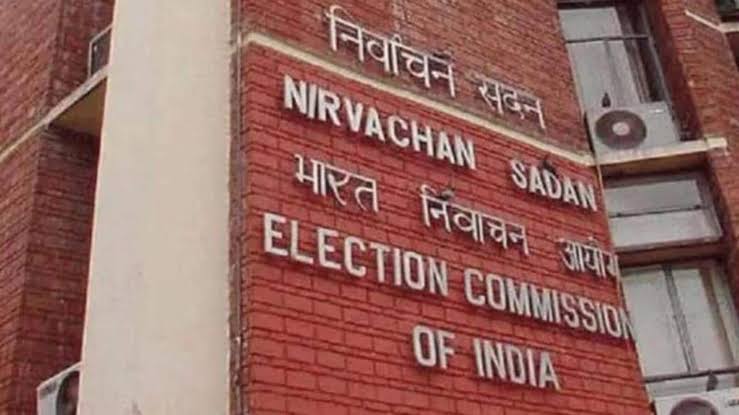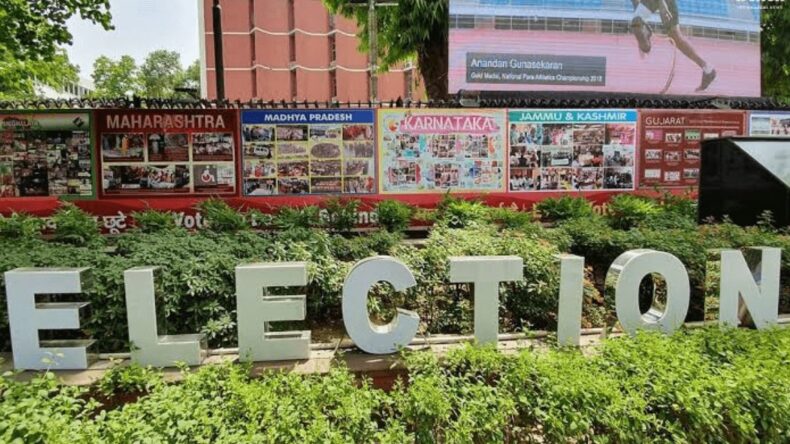
The Centre’s recent unveiling of a legislative proposal has the potential to rekindle tensions between the government and the judiciary. The Chief Election Commissioner and Other Election Commissioners (Appointment, Conditions of Services and Term of Office) Bill, 2024, which has been introduced in the Rajya Sabha, aims to modify the procedure for appointing crucial election officials in India. Notably, this proposed legislation omits the Chief Justice of India from the selection process, a move that could initiate a new clash between the executive and the judiciary.
Proposed Bill Shifts Appointment Authority
Under the provisions of the new Bill, the appointment of top officials within the Election Commission would be undertaken by the President, based on the recommendation of a panel comprised of the Prime Minister, the Leader of the Opposition in the Lok Sabha, and a Union Cabinet Minister appointed by the Prime Minister. This proposal represents a departure from the previous protocol, as outlined by a Supreme Court verdict in March 2024.
According to the Supreme Court’s earlier ruling, the appointment of Chief Election Commissioners and Election Commissioners was to be made based on the advice of a panel consisting of the Prime Minister, the Leader of the Opposition, and the Chief Justice of India. However, the recently introduced Bill seeks to alter this arrangement, thereby prompting concerns about potential implications for the independence of the election regulatory body.
Navigating Past Judicial Precedent
The Bill, by proposing the exclusion of the Chief Justice of India from the appointment process, seems to indirectly challenge the Supreme Court’s judgment that stipulated the involvement of the Chief Justice in such matters. The court had ruled that this arrangement should persist until the parliament formulated a corresponding law.
The Bill additionally outlines the composition of a search committee tasked with identifying candidates for consideration by the panel led by the Prime Minister. This committee, as per Bill’s provisions, would consist of the Cabinet Secretary and two other secretaries from the central government. It also specifies that individuals being appointed as Chief Election Commissioners and Election Commissioners must have held a position equivalent to that of a secretary in the Government of India.
Interestingly, the move diverges from the approach taken in the creation of the Delhi Special Police Establishment Act, enacted after a similar Supreme Court verdict in 2014. In that case, the Chief Justice of India was retained within the selection committee responsible for appointing the Director of the Central Bureau of Investigation (CBI).
Impending Confrontation Between the Two Pillars
This proposed legislation introduces a new point of contention between the Supreme Court and the Centre, adding to an ongoing series of disagreements on various matters. Past disputes have ranged from judicial appointments to the interpretation of key legal doctrines. The Centre and the Supreme Court have often found themselves at odds, underscoring the complex dynamics that shape the Indian legal and political landscape.
Implications for the Judicial-Executive Balance
The proposed Bill raises significant questions about the equilibrium between the judiciary and the executive branch. Critics and legal experts worry that altering the composition of the appointment panel and excluding the Chief Justice of India could potentially compromise the independence and integrity of the Election Commission. The move could have far-reaching consequences for the credibility of electoral processes and the checks and balances inherent in a democratic system.
As the Bill navigates the legislative process, observers and stakeholders are closely watching the unfolding debate and its potential implications for the country’s democratic institutions. The relationship between the judiciary and the executive branch, already marked by complex dynamics, stands to be further tested by this latest legislative proposal.
Uncertain Future Ahead
The Centre’s introduction of the Chief Election Commissioner and Other Election Commissioners (Appointment, Conditions of Services and Term of Office) Bill, 2024, sets the stage for a robust debate and examination of the delicate balance of powers within India’s governance framework. The impending discussions in parliament are expected to shed light on the government’s rationale behind the proposed changes and the potential consequences for the Election Commission’s impartiality and effectiveness. As the nation watches this legislative process unfold, the outcome will undoubtedly influence the evolving relationship between the executive and the judiciary in the years to come.













